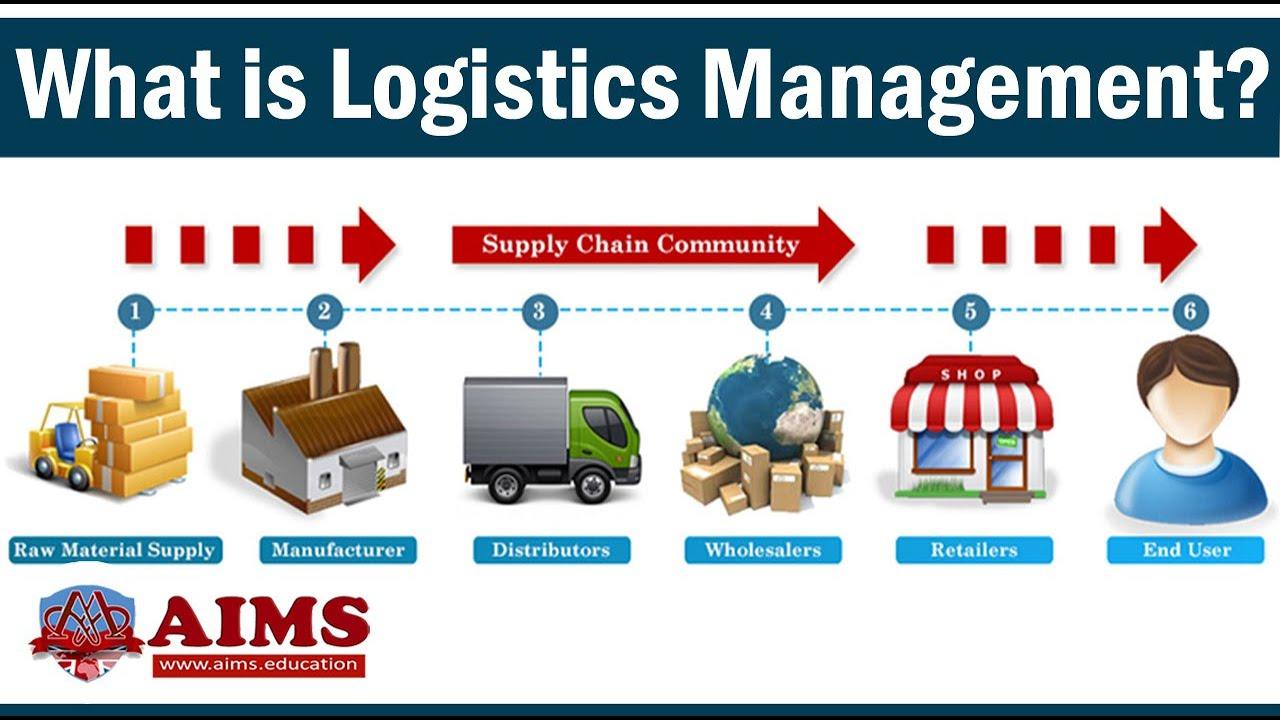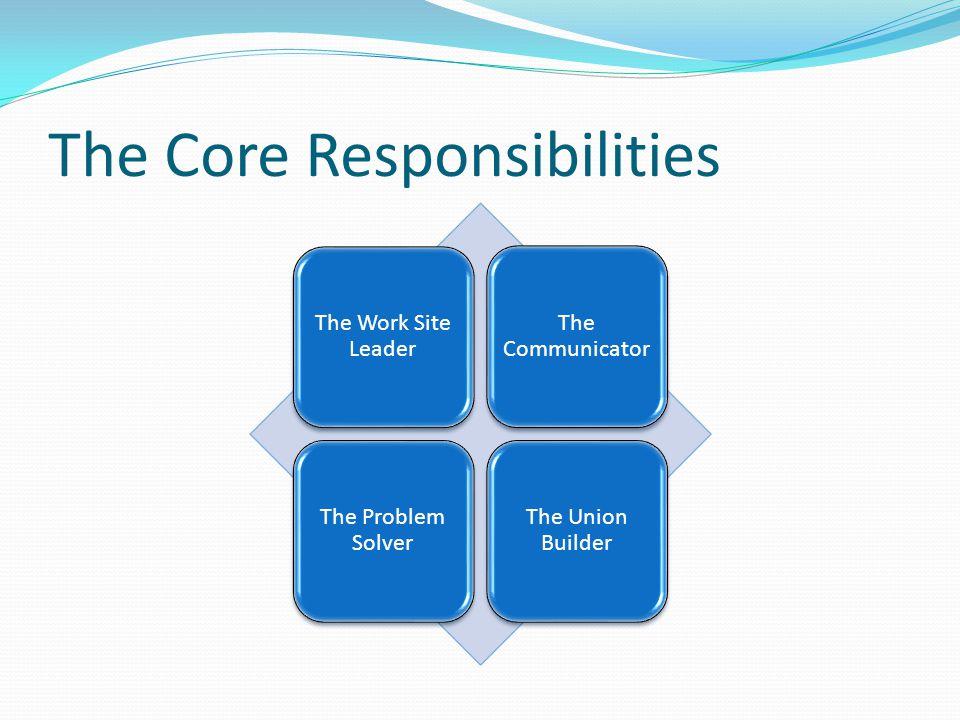In the intricate world of supply chain management, logistics plays a vital role in ensuring the efficient flow of goods from point A to point B. Defined by the Council of Supply Chain Management Professionals (CSCMP), logistics management encompasses the strategic coordination and execution of transportation, shipping, and warehousing to streamline the movement of products. Let’s delve into the intricacies of logistics management and understand its significance in the realm of modern commerce.
Understanding Logistics Management in the Supply Chain Industry
Logistics management in the supply chain industry is a crucial element that ensures the efficient flow of goods from point A to point B. According to the Council of Supply Chain Management Professionals (CSCMP), logistics management involves the planning, implementation, and control of the movement and storage of goods, services, and information within a supply chain. This process is essential for businesses to meet customer demands and optimize their operations.
Key aspects of logistics management include transportation, warehousing, inventory management, and order fulfillment. By effectively managing these components, companies can streamline their processes, reduce costs, and improve customer satisfaction. In today’s fast-paced world, logistics management plays a vital role in enabling businesses to stay competitive and adapt to changing market demands.

Core Responsibilities and Objectives of Logistics Management
Logistics management involves overseeing and coordinating various activities within the supply chain to ensure efficient movement of goods and services. One of the core responsibilities of logistics management is to optimize transportation routes and modes to minimize costs and delivery times. This involves strategic planning, procurement, and performance monitoring to ensure timely delivery of products to customers.
Another key objective of logistics management is to effectively manage inventory levels to meet customer demands while minimizing storage costs. This includes forecasting demand, coordinating with suppliers, and implementing inventory control measures to prevent stockouts or overstock situations. By streamlining these processes, logistics managers can improve overall operational efficiency and customer satisfaction.

Strategies for Effective Transportation and Shipping in Logistics Management
Effective transportation and shipping are crucial components of logistics management in ensuring the smooth flow of goods and materials from point A to point B. To optimize these processes, companies can implement various strategies that streamline their supply chain operations. One key strategy is to utilize a combination of transportation modes, such as air, sea, rail, and road, to meet different shipping needs.
Another important strategy is to leverage technology to track shipments in real-time, allowing for better visibility and control over the entire transportation process. This can help companies identify and address any potential issues that may arise, such as delays or disruptions. By implementing these strategies, companies can enhance their logistics management practices and improve overall efficiency in their supply chain operations.

Implementing Best Practices for Successful Logistics Operations
involves a combination of strategic planning, efficient execution, and continuous optimization. One key aspect is leveraging technology to streamline processes and improve visibility throughout the supply chain. Utilizing advanced logistics management software can help automate tasks, enhance communication, and provide real-time data for better decision-making.
Another important strategy is fostering strong relationships with key stakeholders, including carriers, suppliers, and customers. By establishing clear communication channels and setting performance expectations, logistics operations can run smoothly and efficiently. Implementing regular performance reviews and feedback sessions can also help identify areas for improvement and drive continuous innovation in logistics processes. By prioritizing collaboration and communication, logistics managers can create a more agile and responsive supply chain that meets the demands of a dynamic marketplace.
Key Takeaways
In conclusion, the Council of Supply Chain Management Professionals (CSCMP) defines logistics management as the intricate orchestration of moving goods from point A to point B in the most efficient and cost-effective manner possible. By employing innovative strategies and cutting-edge technologies, companies can streamline their supply chains and enhance overall performance. As a crucial component of the broader supply chain management process, logistics management plays a pivotal role in ensuring the seamless flow of products and materials across global networks.Embracing the principles outlined by the CSCMP can help organizations optimize their logistics operations and achieve competitive advantage in today’s fast-paced business environment. So, next time you receive a package at your doorstep or see a truck on the highway, remember the complex web of logistics management that made it all possible. Cheers to the unsung heroes behind the scenes who keep our world moving forward.
